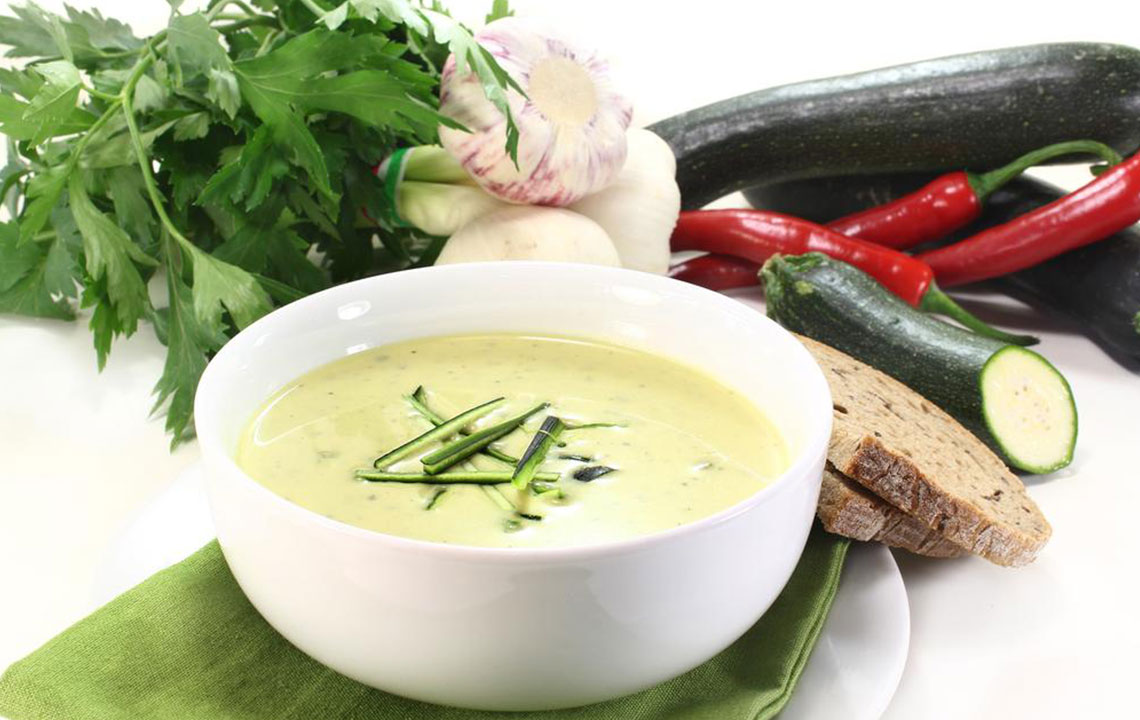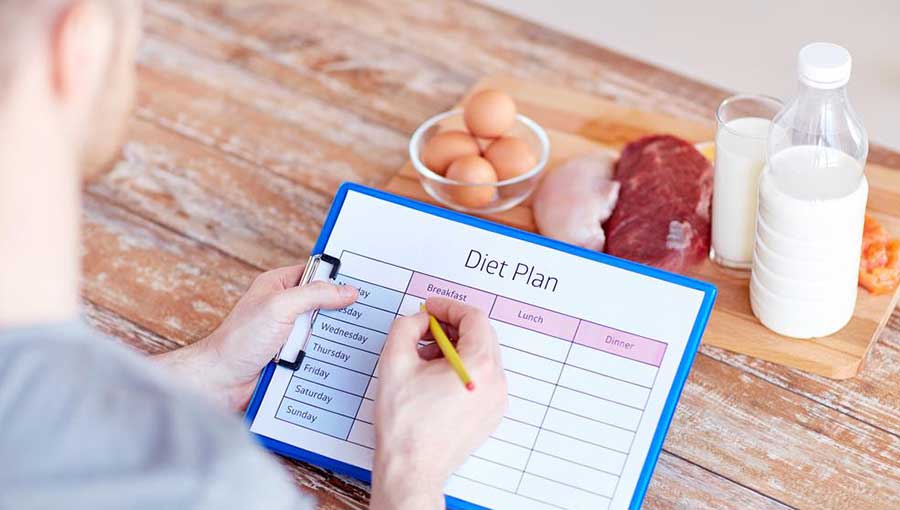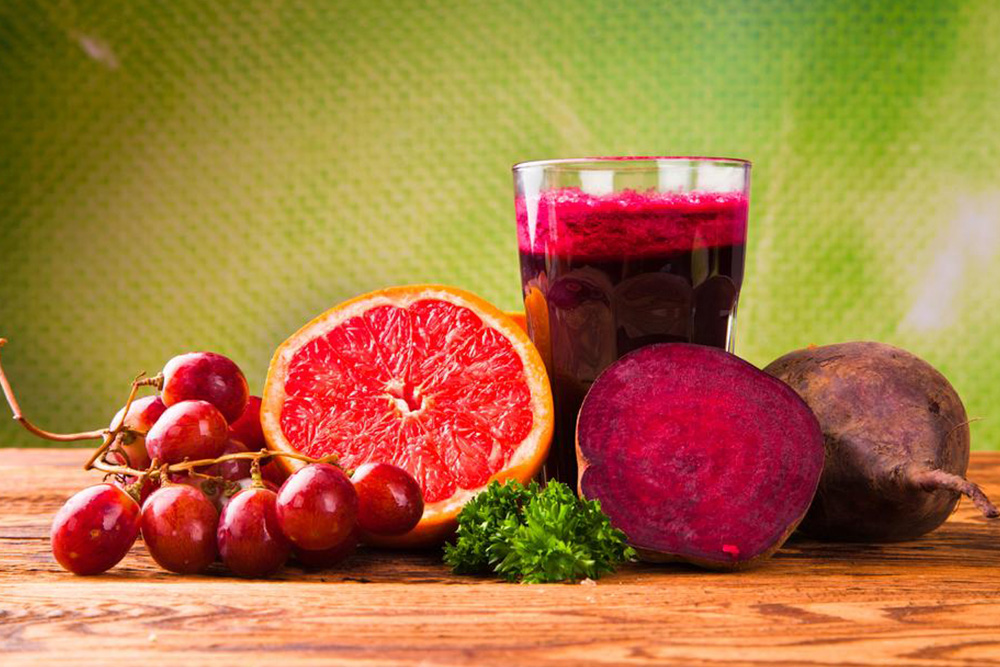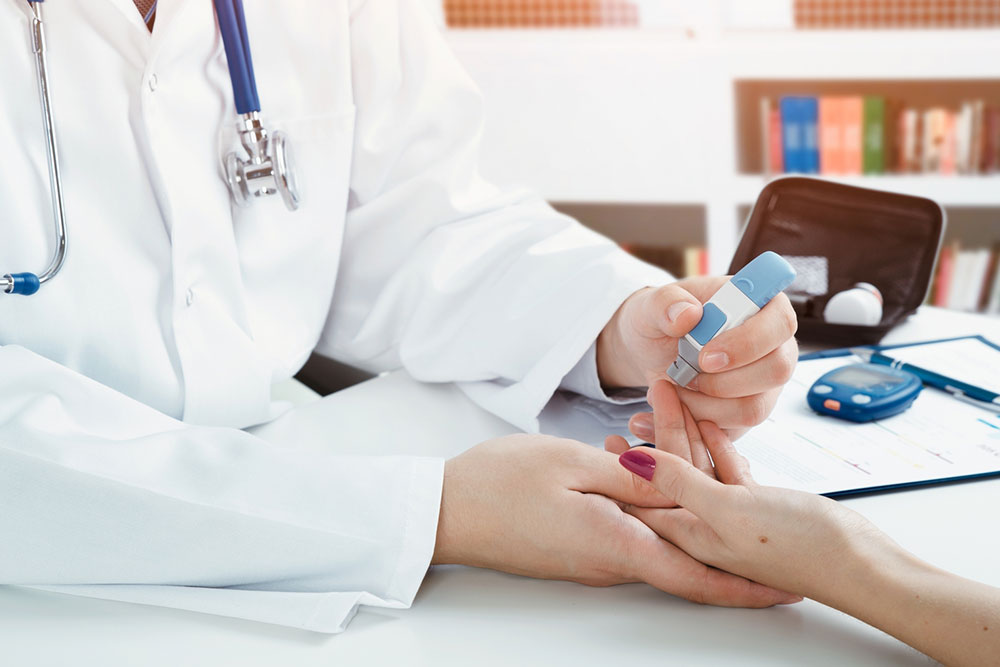Dietary Changes to Reduce Lung Cancer Risk
Discover essential dietary tips to lower lung cancer risk by avoiding processed and high-fat foods, ensuring proper food handling, and maintaining healthy habits. This guide emphasizes the importance of clean eating and lifestyle choices to support lung health and prevent disease. Incorporate balanced nutrition and safe food practices to safeguard your respiratory system and overall well-being.
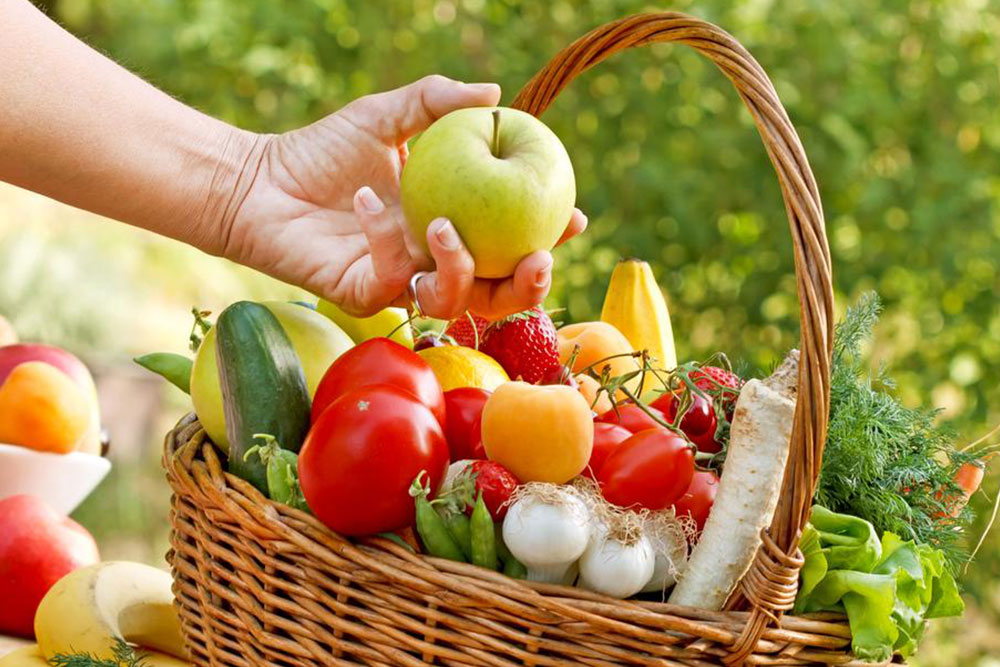
Dietary Tips to Minimize Lung Cancer Risk
Lung cancer remains one of the most prevalent cancers worldwide, with a high mortality rate. Its development is often linked to rapid lifestyle changes, poor dietary habits, and genetics. While treatment can be challenging, adopting certain nutritional precautions can significantly reduce your risk. Avoiding specific foods is a proactive way to protect your lungs and overall health.
Foods to limit or avoid include:
Processed meats
Research indicates processed meats can impair lung health. They often contain artificial additives, preservatives, nitrates, and flavor enhancers that promote inflammation and cellular damage in lung tissues. Moderation is essential, and balancing meat consumption with plenty of fresh fruits and vegetables supports lung health.
Red meats
High intake of red meat has been associated with increased lung cancer risk. Proper cooking — ensuring meats are thoroughly cooked and reheated to steaming hot — can help reduce associated dangers.
High-fat foods
Consuming excessive fatty foods can elevate cholesterol levels, contributing to a higher vulnerability to lung cancer. This risk amplifies in smokers consuming fatty diets.
Caffeinated beverages
Drinking more than two cups of coffee daily may increase lung cancer chances by affecting airflow and oxygen levels, leading to lung cell damage.
Raw or unpasteurized products
Eating raw dairy products like unpasteurized milk, cheeses, or yogurt can harbor harmful bacteria and viruses, increasing health risks including cancer. Proper pasteurization ensures safety and reduces such hazards.
Unwashed produce
Thoroughly washing fruits and vegetables, especially leafy greens and herbs, is crucial. Dirt and microbes hidden within leaves can cause infections that may escalate to severe health issues, including respiratory cancers.
Excessive alcohol consumption
Heavy drinking, particularly when combined with smoking, damages lung tissues and impairs cell functions. Alcohol also stresses other organs like the liver and heart, further complicating health outcomes.
Note:
Our articles aim to provide useful insights based on research, but they should not be considered definitive. Always consult healthcare professionals for personalized advice. We disclaim responsibility for inaccuracies or missing information related to health or dietary recommendations, as well as for external offers or schemes linked to the content.

